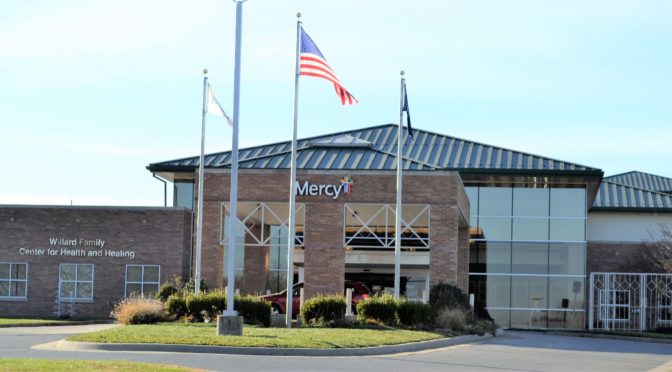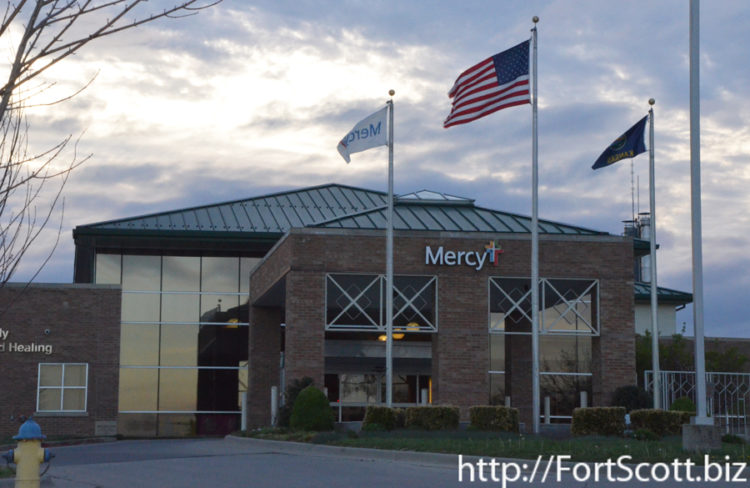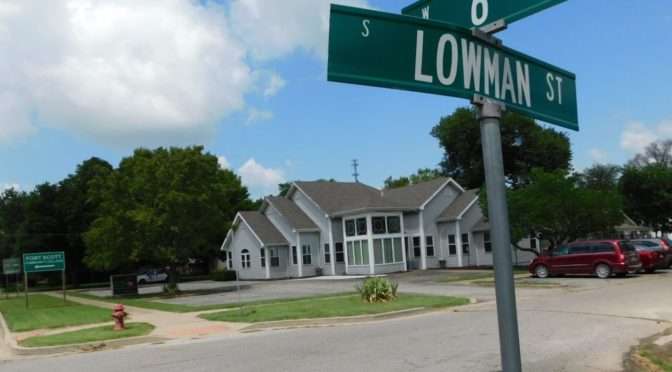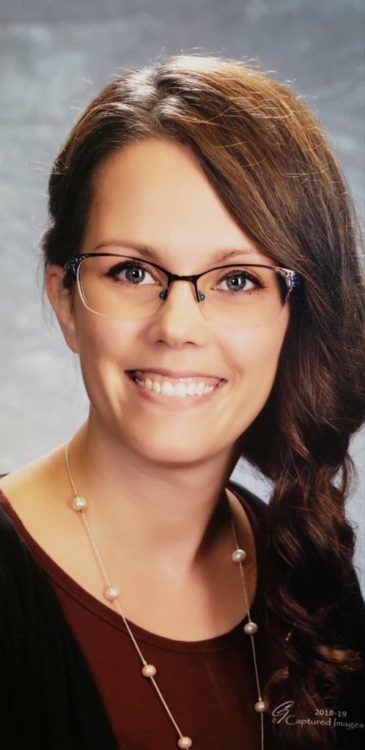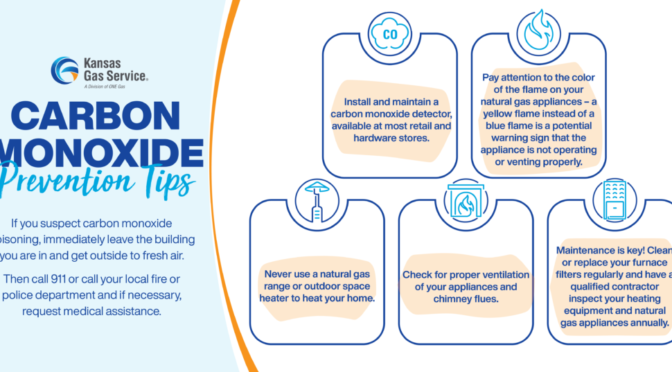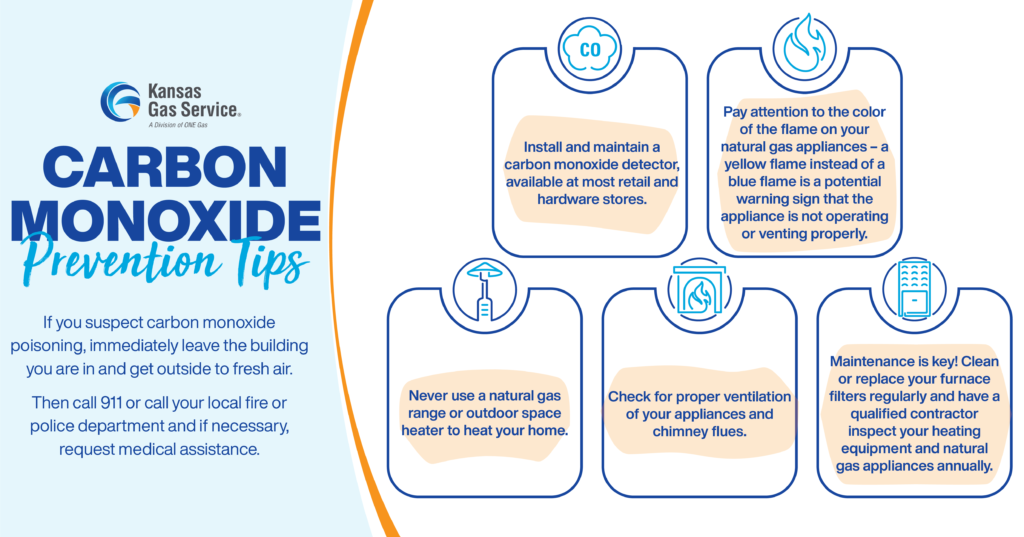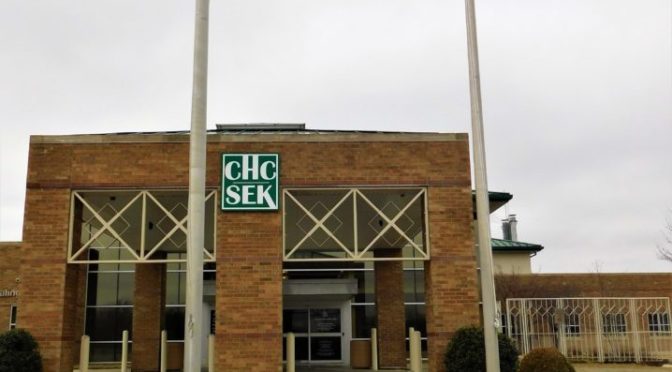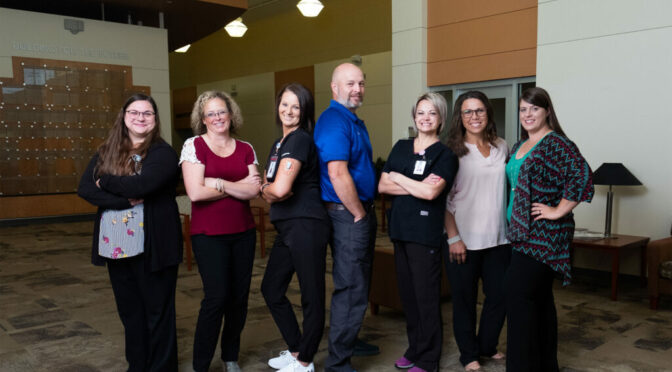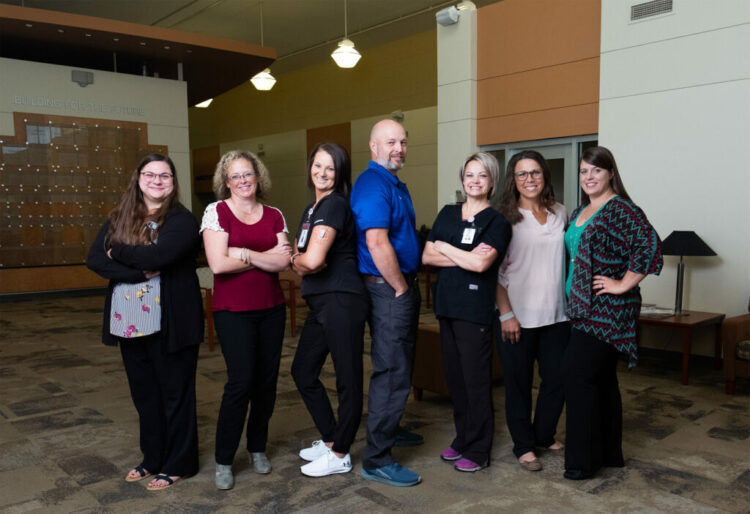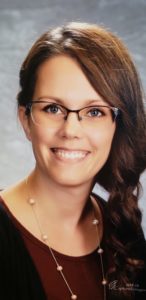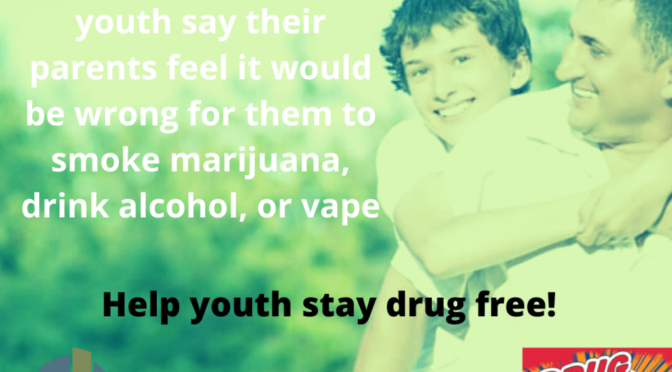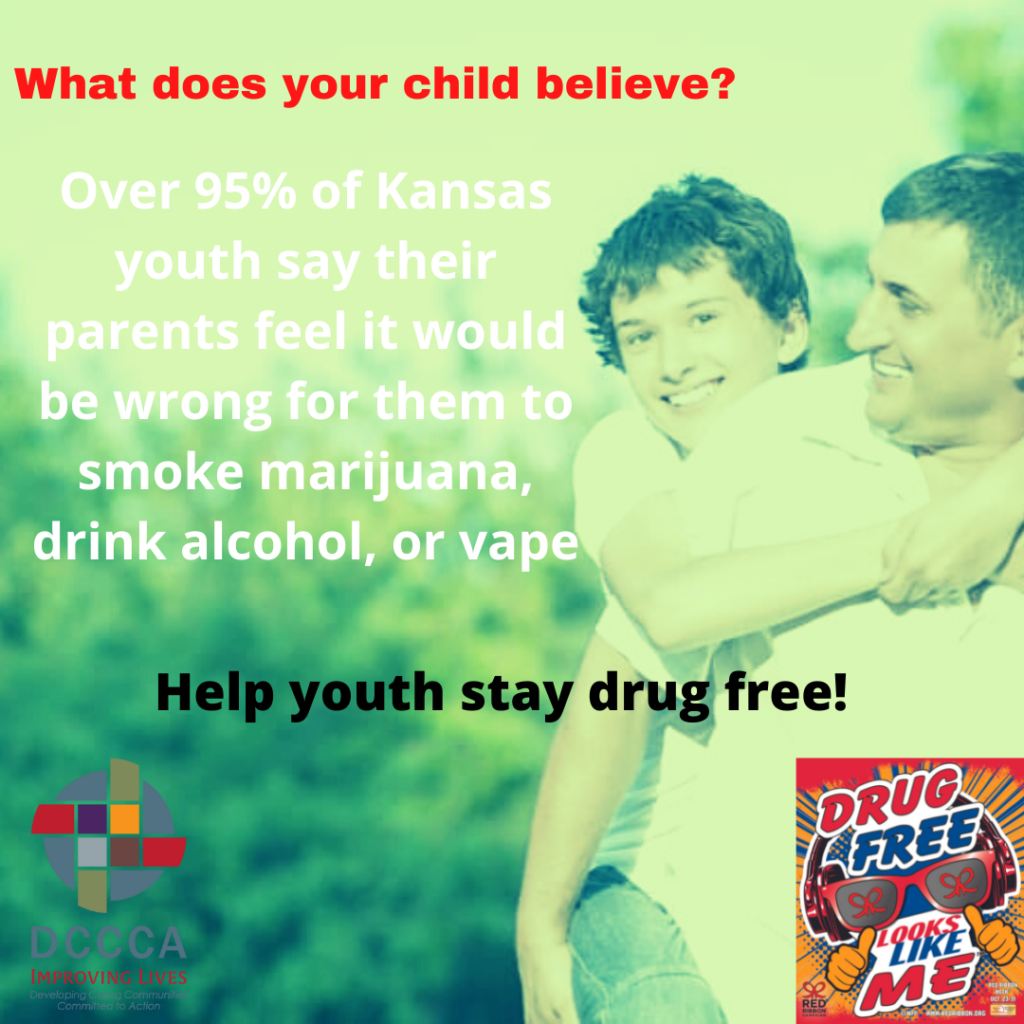~ As KDHE shifts to a sustainable, long-term plan to support COVID-19 monitoring, testing will remain free and available to the general public ~
TOPEKA – Following the recent release of the Kansas Department of Health and Environment’s (KDHE) updated Employer Testing Playbook, KDHE is announcing upcoming changes to its COVID-19 testing strategy that ensure testing remains accessible to all Kansans across the State.
As widespread COVID-19 vaccination continues to prevent serious illness and death, the virus is expected to continue to circulate in the near future, not unlike the flu. Testing remains an important tool to identify the virus and protect Kansan communities against its spread.
“Testing has become an increasingly important way in which those who choose to be unvaccinated may still be able to work, attend events, and travel,” said Ashley Goss, Acting Secretary of the Kansas Department of Health and Environment. “This is especially critical as more businesses and employers have begun requiring either proof of vaccination or demonstration of a negative COVID-19 test with greater frequency.”
However, as COVID-19 continues to be present in our communities, it is no longer sustainable for public health to fund testing alone. KDHE initially allocated $141M of federal grant funding to make COVID-19 testing accessible for all Kansans, including support for commercial and university labs to help expand processing and sampling capacity. The surge of infections due to the Delta variant significantly depleted this budget in a shorter timeframe than expected.
As a result, and to ensure Kansans have uninterrupted access to crucial COVID-19 testing, KDHE is implementing the next phase of its COVID-19 testing strategy, which is intended to reduce the State’s costs for its testing program while ensuring it can continue into 2022.
These changes will also mean employers, health insurers, and individuals are going to be increasingly asked to pay for COVID-19 testing, as they would with testing for most other communicable diseases. Moving forward, access to COVID-19 testing will be a shared responsibility of both the public and private sector. To ensure adequate time for testing partners to transition, KDHE has approached state and federal bodies to secure additional funding for continuity of testing operations through March 2022.
Free COVID-19 testing will continue to be available across Kansas for those who are experiencing symptoms or have potential exposures to COVID-19 in their communities. To get a COVID-19 test through KDHE’s mass testing sites, the network of Community and Volunteer Testing Partners, and Local Health Departments, Kansans can access a full list of sites offering free testing at KnowBeforeYouGoKS.com. The following options remain available for free testing across the State, with availability dependent on need as well as state and federal funding:
- Mass testing sites: KDHE will continue to offer free COVID-19 PCR tests at 9 mass testing sites in Johnson, Wyandotte, Douglas, Sedgwick, Shawnee and Riley counties
- Employer testing: KDHE will continue employer testing for those previously enrolled in the COVID-19 employer testing program, supporting biweekly testing for 10% of employees. KDHE is working with state and federal bodies to secure funding to support this program through March 2022, at which point it will be phased out. Any changes to this timeline will be communicated as clearly and early as possible.
- Community Testing Partner Program and Volunteer Testing Partner Program: Free rapid antigen tests will continue to be offered as long as supplies are available by over 100 partner organizations enrolled in the program in more than 80 counties across Kansas. KDHE is working with state and federal bodies to secure funding to support this program through at least March 2022. Any changes to availability of testing supplies or the program will be communicated as clearly and early as possible.
- Local Health Departments: KDHE will continue to support Local Health Departments that offer free COVID-19 PCR tests to Kansans in their communities
- K-12 schools: KDHE will continue to fund free testing for students and staff at schools that are participating in the school testing program. Schools not currently enrolled in the school testing program can contact Sarah Allin at [email protected].
- Long Term Care Facilities: Facilities have the option of receiving free surveillance testing through a national vendor and / or to modify existing contracts with lab vendors to include billing insurance for diagnostic testing
- Outbreaks: KDHE will continue to offer free testing in response to outbreaks in a facility or organization
In addition to KDHE free testing sites, Kansans can receive free testing at pharmacies and retailers that are part of the federal Increasing Community Access to Testing (ICATT) program. Other options for testing that may require insurance include pharmacies, primary care provider clinics, and FQHCs. Individuals can also purchase over the counter antigen tests at many retail grocery stores and pharmacies across Kansas.
For additional information on updates to Kansas’ testing strategy or to find a free testing site, visit KnowBeforeYouGoKS.com.


